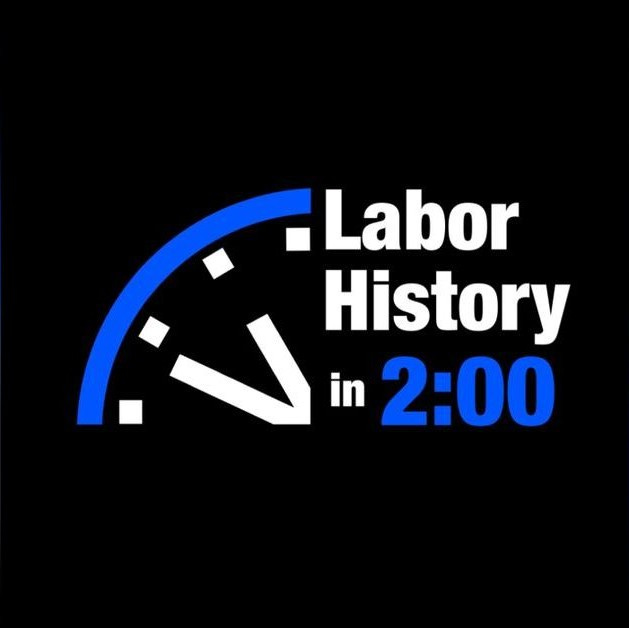Labor History in 2
Charlotte Perkins Gilman Born
On this day in labor history, 1860, Charlotte Perkins Gilman was born, a name every working person should know. Gilman’s life was shaped by hardship, abandoned by her father, her family was plunged into poverty, forcing them to move constantly and scraping by on the edge. As a child, she found refuge in public libraries, but her education suffered, and …




